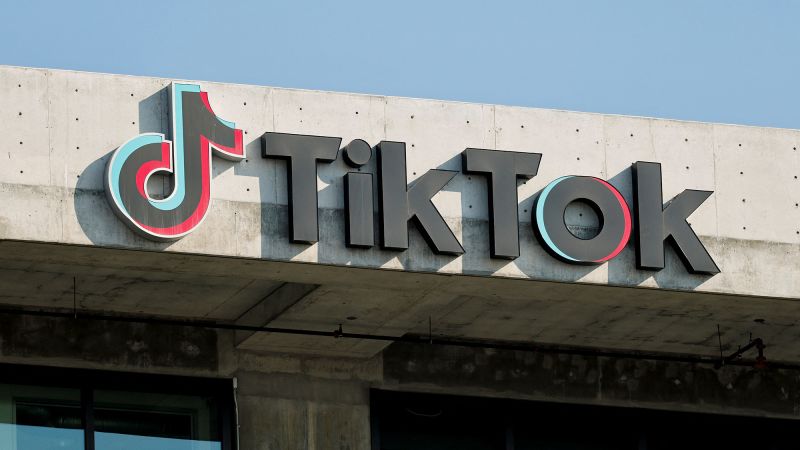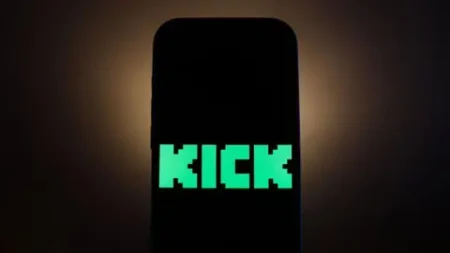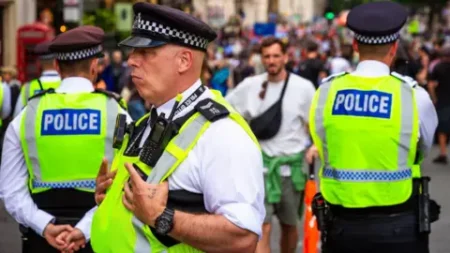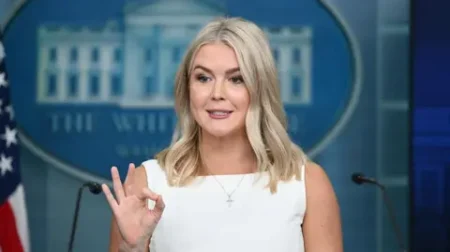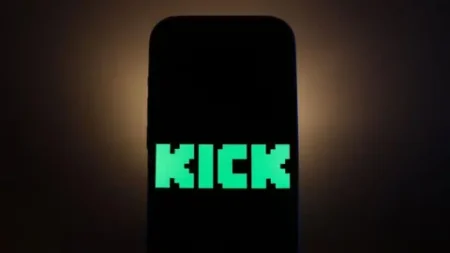As of late March 2023, TikTok users across the United States are facing an uncomfortable sense of déjà vu concerning the popular short-form video app’s future. The looming threat of a potential ban has once again put the app at the center of discussions among lawmakers and the public alike. TikTok’s fate hinges on whether its parent company, ByteDance, can successfully sell the app’s American operations by the deadline set for April 5. Failure to meet this deadline will likely lead to the app being banned in the United States, which would significantly impact the 170 million American users who rely on TikTok for news, entertainment, and even financial gain.
President Donald Trump has previously extended this deadline, reflecting his administration’s complicated relationship with the platform. When discussing the sale, Trump has indicated a willingness to facilitate such a deal, expressing his desire to see TikTok continue to operate in the U.S. His assertions revealed an array of potential buyers keen to enter the fray. Notably, Trump stated, “We have a lot of potential buyers, there’s tremendous interest in TikTok. The decision is going to be my decision,” during a conversation with reporters while aboard Air Force One.
The situation has progressed, particularly following actions taken by former President Joe Biden, who initiated legislation requiring ByteDance to divest itself of TikTok’s U.S. operations. Lawmakers have conveyed strong concerns about the national security risks posed by TikTok, particularly regarding possible data sharing with the Chinese government. The underlying fear is the potential for the app’s algorithm to be manipulated or U.S. user data to be accessed by foreign adversaries.
In the preceding months, TikTok briefly went offline for approximately 14 hours after the sale-or-ban deadline passed without any definitive agreement. Access to the app was temporarily cut off in the U.S., but TikTok’s users were able to regain access shortly after Trump promised to extend the deadline by 75 days, possibly as a strategic choice to buy time for negotiations. It is important to note that even during Trump’s previous administration, there were attempts to ban the app. However, Trump’s personal experience with TikTok influenced his eventual shift in opinion.
As of now, various stakeholders are keenly watching several prominent bidders emerge for TikTok’s U.S. operations. These bidders include a consortium led by Frank McCourt, the former owner of the Los Angeles Dodgers, and known investor Kevin O’Leary from the show “Shark Tank.” Another group features social media influencer Jimmy Donaldson, popularly known as MrBeast, and Jesse Tinsley, founder of Employer.com. Meanwhile, the technology company Oracle is also reported to be a serious contender, potentially set to negotiate a deal that would allow ByteDance to keep a minority stake in TikTok while increasing investments from existing U.S.-based investors.
U.S. Vice President JD Vance, appointed by Trump to oversee the TikTok negotiations along with national security adviser Michael Waltz, has indicated on multiple occasions that an agreement would likely be reached before the April 5 deadline. Vance shared his belief in an impending high-level agreement that would address national security concerns while ensuring the formation of an American-owned TikTok entity.
Amidst the backdrop of these events, Trump has expressed the possibility of extending the deadline if a satisfactory deal isn’t finalized in time, although Vance has urged the administration to reach an agreement without further extensions. Still, public sentiment remains uncertain, with minimal visible progress from ByteDance or the Chinese government regarding the sale.
In recent discussions, Trump has even gone so far as to suggest potentially easing tariffs on Chinese imports to facilitate a deal around TikTok. The implications of such a decision could be vast, as Trump indicated that even small tariff adjustments could outweigh the platform’s value. Scott Sutton, CEO of an influencer marketing firm, has noted that there is likely to be some announcement ahead of the deadline, indicating either concrete negotiations or a general statement regarding ongoing discussions.
As the future of TikTok hangs in the balance, its technology partners, including giants like Apple and Google, are navigating complex legalities that subject them to fines if they continue support without an agreement in place. If TikTok faces another shutdown, the nature of Trump’s ongoing negotiations may affect how these firms react.
In a bid to retain user support, TikTok has made attempts to build a favorable relationship with Trump, even crediting him with their service restoration in January. Despite the uncertainty surrounding the impending deadline, it is clear that TikTok remains in a precarious position in American cybersecurity discourse, exemplifying the intersection of technology, governance, and international relations in the modern world.





